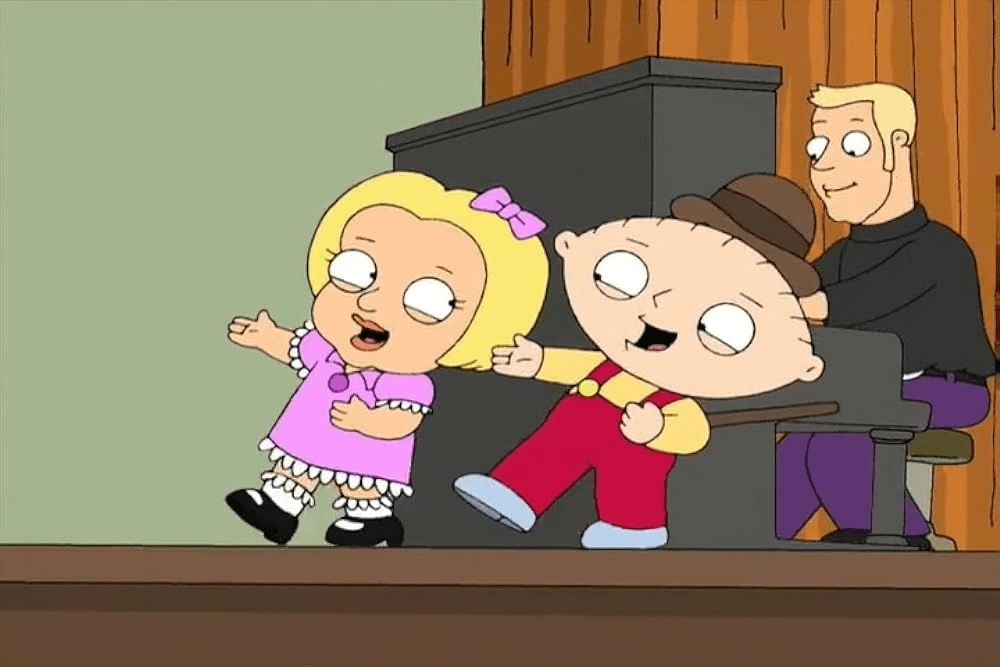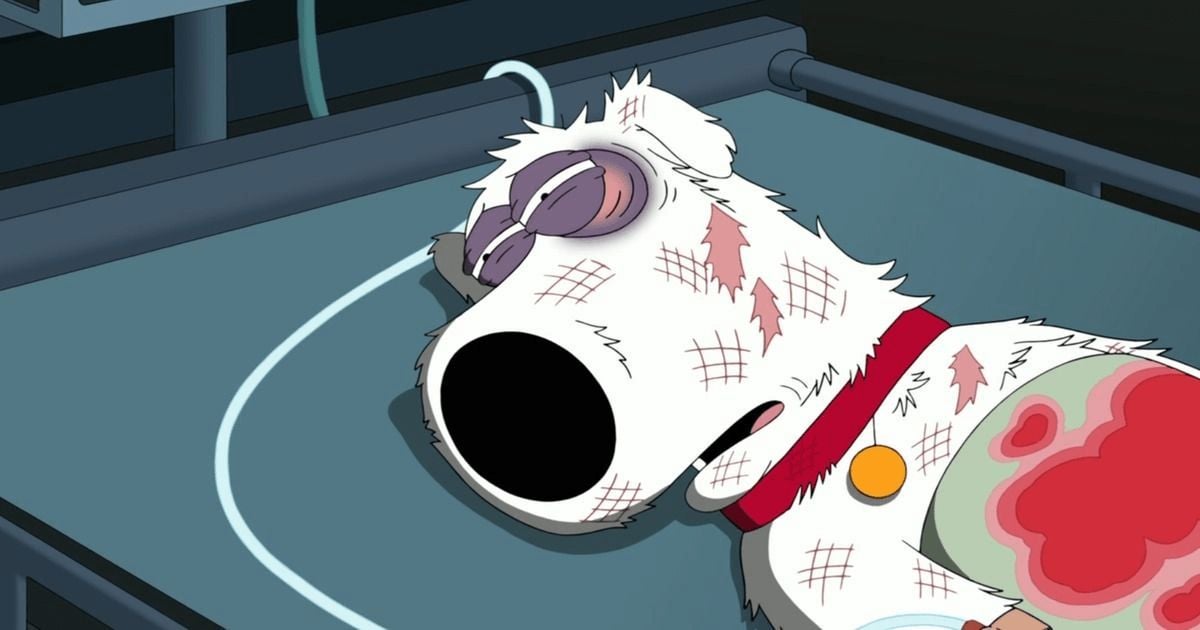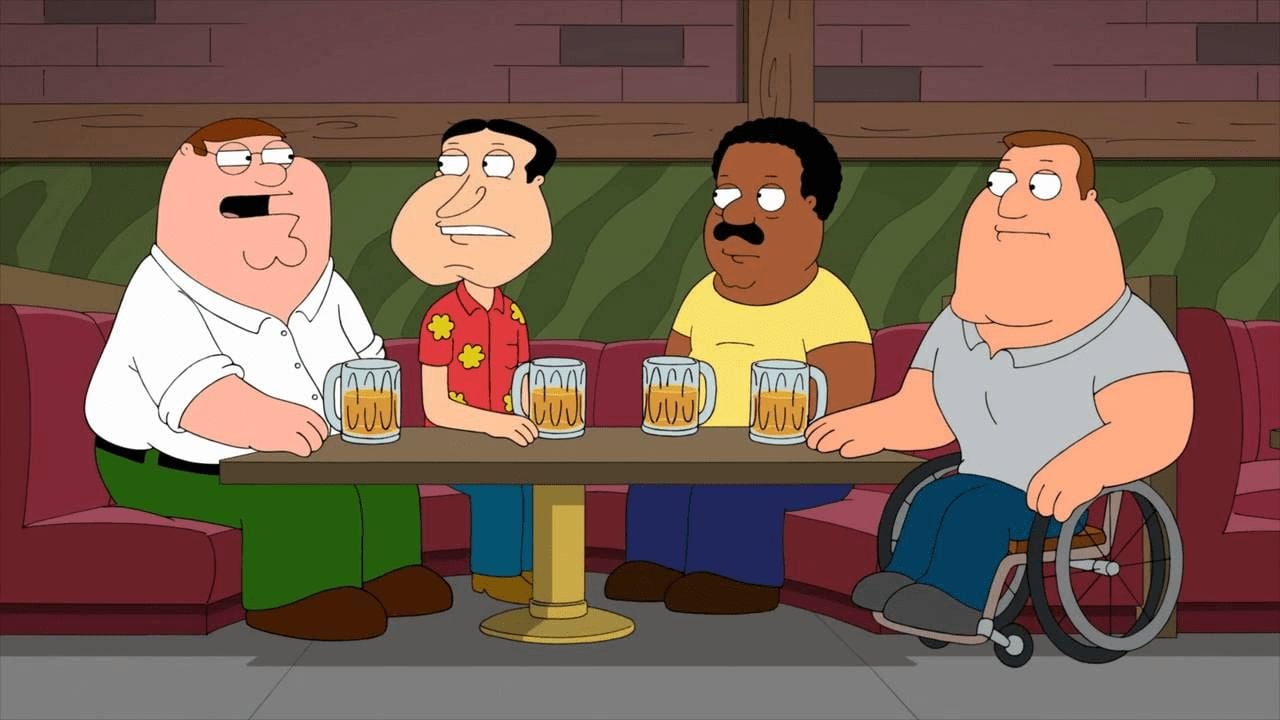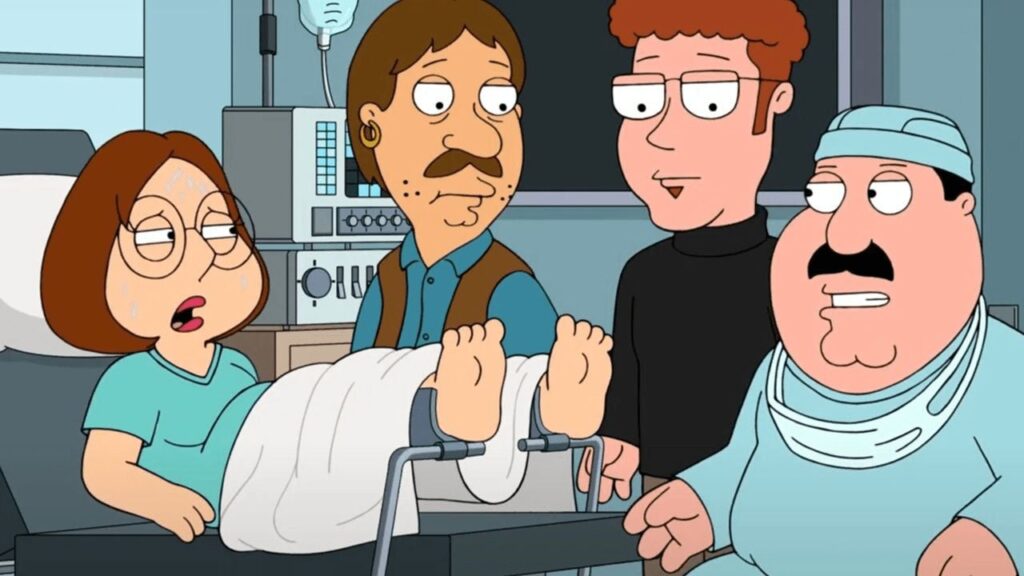Early Days and Unexpected Hurdles
When ‘Family Guy’ premiered in 1999, it introduced an edgy blend of humor that resonated with audiences. The show’s creator, Seth MacFarlane, brought to life a cast of characters that quickly secured a place in the hearts of viewers. With its originality and appeal, the sitcom seemed to be everywhere fifteen-odd years ago, marking a significant presence on television.
However, despite its initial success and strong following, ‘Family Guy’ faced a surprising turn when it was canceled after just three seasons. One might wonder how such a popular show could meet such a fate. The early success of ‘Family Guy’ was undeniable, but as we’ll see, success isn’t always a shield against the challenges of the television industry.
Struggling Ratings and Network Battles
The third season of ‘Family Guy’ witnessed a decline in ratings, which raised concerns for both the creators and the network. Time slot changes and stiff competition from other shows contributed to this downturn. The fluctuating viewership numbers were a red flag that ultimately led to the show’s cancellation not once but twice—first in 2000 and then again in 2002. 

Navigating Controversies
‘Family Guy’ has always been known for its irreverent and boundary-pushing humor. This approach to comedy didn’t come without its share of controversies—racial humor, offensive jokes, and politically incorrect language were commonplace in the script. The show incited numerous controversies with its shock-factor material, leading to viewer complaints with the Federal Communications Commission and creating tension with advertisers. 

The FOX Conundrum
The role of FOX’s programming decisions was pivotal in the fate of ‘Family Guy’. As ratings declined, the network faced the tough choice of whether to continue investing in a controversial show. Despite its cult following, FOX canceled ‘Family Guy’ due to low ratings. Additionally, selling rerun rights proved challenging for FOX, which further complicated matters for the show’s future. 

A Fandom’s Clout
The cancellation sparked an immediate and passionate response from fans. Petitions and campaigns highlighted the outcry for the show’s return. Fans united together to demonstrate their power and affection for ‘Family Guy’, proving that their beloved show was far from expendable. This movement showcased not only their dedication but also their ability to influence network decisions—a testament to fan culture’s impact on television programming. 

Surprising Afterlife in Sales
The show’s DVD sales told a different story from its network ratings—’Family Guy’ DVDs flew off shelves, becoming one of the best-selling television DVDs at the time. These impressive sales figures caught the attention of Fox executives and suggested that ‘Family Guy’ still had significant fan interest and profitability potential beyond initial network ratings.
A Triumphant Return
In an unprecedented move influenced by DVD sales success and fan demand, FOX ordered 35 new episodes in 2004—marking the first revival of a television show based on DVD sales alone. This decision underscored not only the resilience of ‘Family Guy’ but also highlighted the changing landscape of television consumption where fans had more say than ever before.

